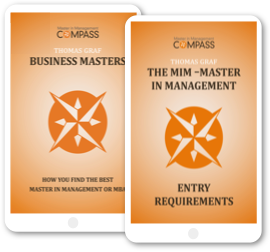
Alliance Manchester Business School
MSc Analytics: Operational Research and Risk Analysis
| URL | https://www.mbs.ac.uk/study/masters/msc-business-analytics-operational-research-and-risk-analysis/ |
|---|---|
| Description | The aim of the course is to equip students with the concepts, techniques and knowledge required to analyse problems and improve the decision-making processes in industry, business and the public sector. The course recognises the integration between Decision Sciences, Statistics and Information Technology in an increasingly data-rich society. Many employers recruit Decision Scientists and Operational Research analysts, and an MSc in the subject is generally accepted as highly desirable for developing an initial career in areas such as business analysis, business modelling and operational research. In addition to preparing students for work, the course is also a valuable preparation for further study and for research degrees such as an MPhil and PhD. Course Structure (all taught course units are 15 credits) Semester 1 and at least one and no more than two of the following ‘specialist’ electives: and one at most from: - Distributed Systems and Internet Technology Semester 2 and at least one and no more than two of the following ‘specialist’ electives: - Credit Risk Management and one at most from: - Business Improvement Tools and Techniques By agreement, one course unit may be taken from other masters courses. Summer Research Period Research dissertation (60 credits) You must complete a satisfactory dissertation. Dissertation topics reflect the expertise of your lecturers and you may be asked to choose from a list of options. Subsequently you will be allocated to one of these options. Supervision often starts with small groups of students studying similar topics meeting with their supervisor, who then guides students in deciding on the focus for their individual dissertations. The dissertation itself normally consists of a literature review followed by a piece of empirical work, involving either qualitative or quantitative research. Recent projects include: • Non-linear programming and a heuristic approach for a dairy product range optimisation |
| Teaching Mode | Full Time |
| Language | English |
| Academic Requirements | No academic background in business or economics required |
| Tuition Fees | Home/EU £9,800 |
| Begin | 15 September 2014 |
| Length | 12 Months |
| Application Deadline | Rolling admission - please apply as early as possible. |
| Application Procedure | Entry requirements Application details English Language requirements If English is not your first language, you are required to take an English language test to prove your level of proficiency. |









